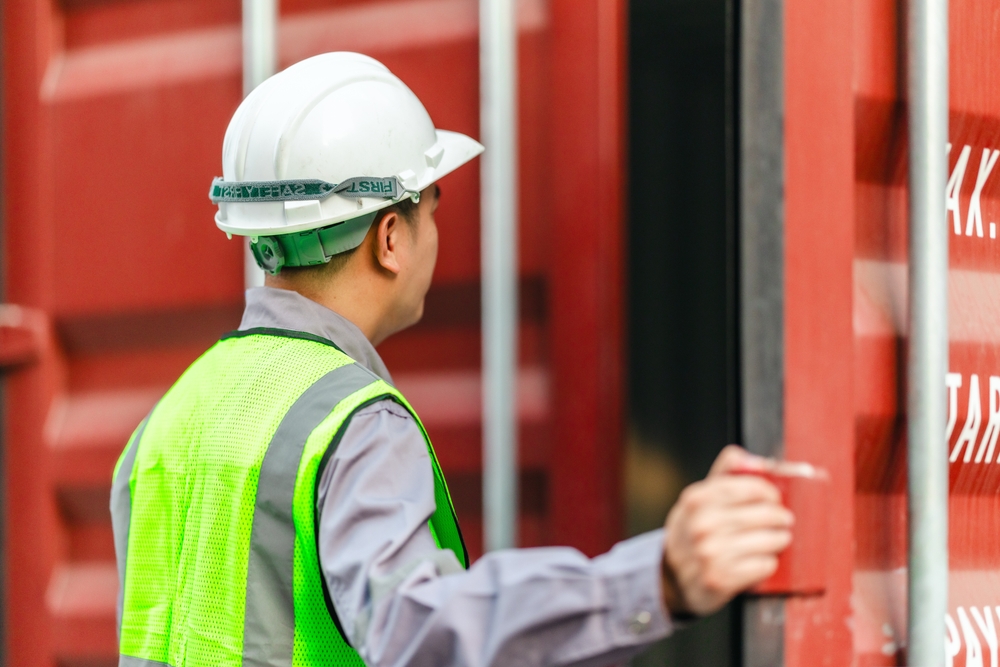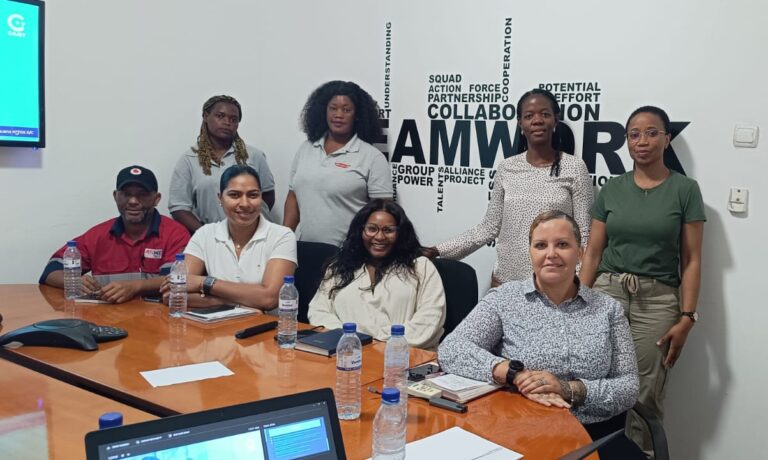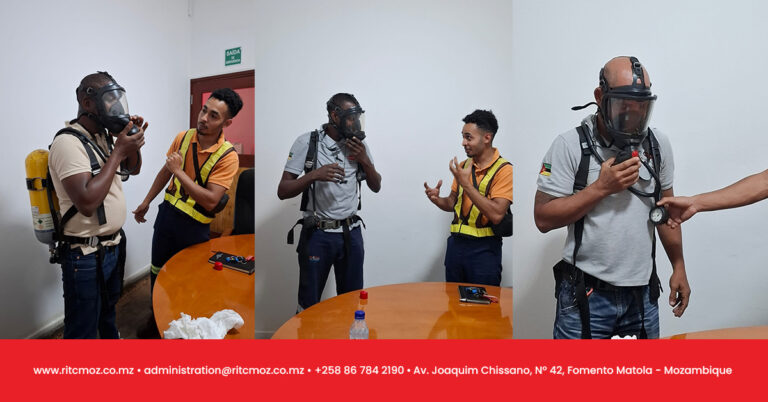Containers are the backbone of global trade — carrying everything from raw materials to finished goods across ports, roads, rail, and seas. But a container is only as good as its structural integrity.
Why container inspections matter:
- A compromised container may cause load shifts, leaks, breakage, or cargo damage
- Ports and shipping authorities enforce strict compliance with safety and structural codes
- Insurance, liability, and regulatory penalties can follow from damaged or unsafe containers
Standards & inspection cycles:
- ISO containers must undergo inspection and certification before being placed into service, then periodic inspection (every 2.5 or 5 years depending on region) to maintain certification.
- Container certification schemes (such as those run by LRQA, ABS, DNV) ensure conformity to structural, dimensional, and safety criteria.
- Inspection includes structural integrity checks, leak tests, door function, corrosion assessment, frame deformation, and load capabilities.
Trade & inspection services:
Beyond structural inspection, container services often include loading supervision, QA/QC checks, lashing surveys, quantity/quality verification, and certification.
At RITC MOZ, we support clients in Mozambique and the region with container inspection and certification services that meet IMO, ISO, and regional trade requirements. We ensure your containers remain compliant, safe, and fit for the global supply chain.



